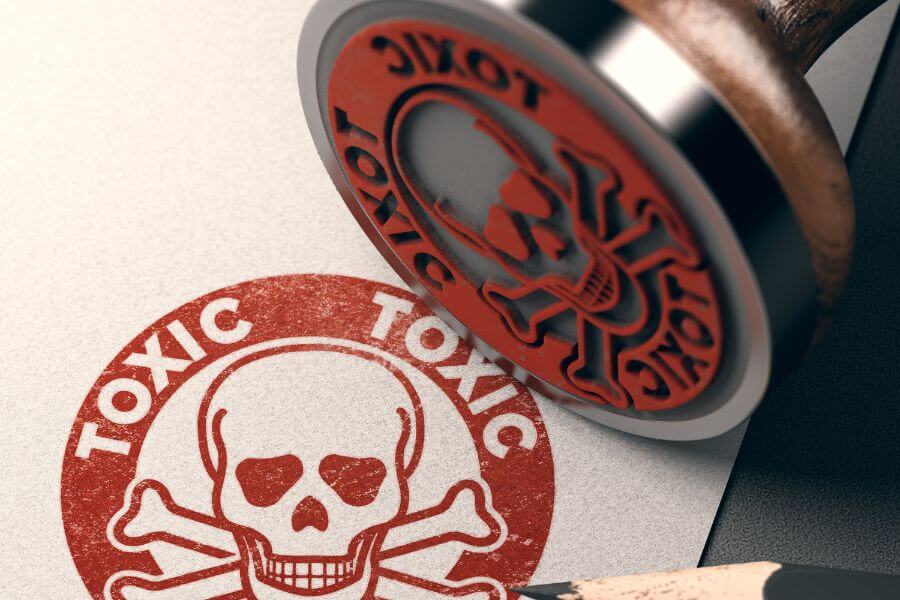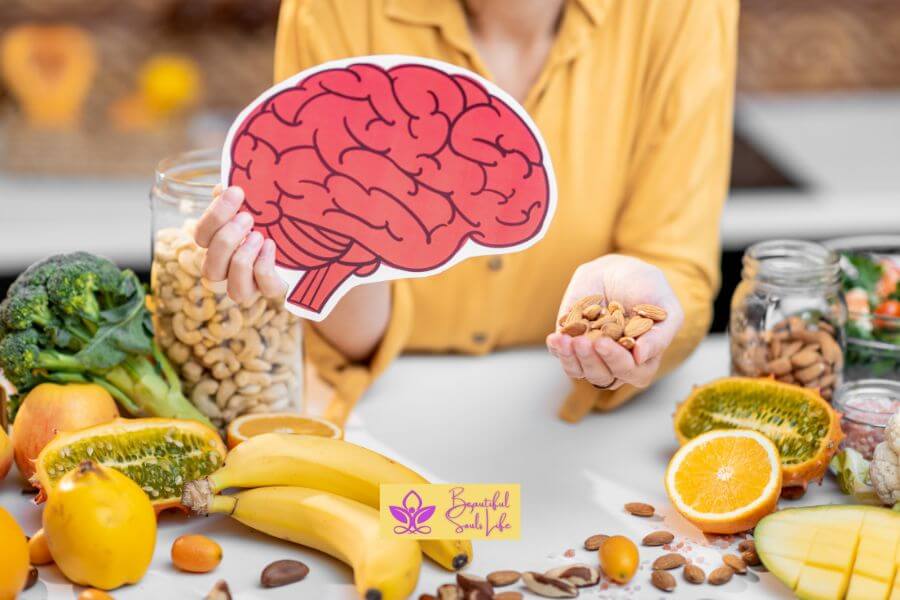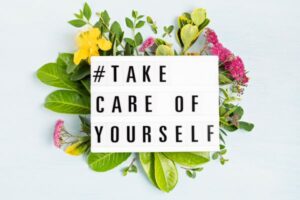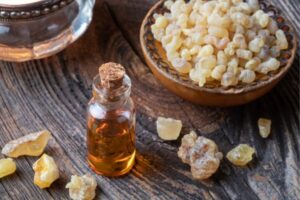It’s no secret that we often prioritize convenience over health when it comes to our food choices. However, what many people don’t realize is that some of these convenient and popular foods contain neurotoxins. Unfortunately, those have a harsh impact on our brain health.
Neurotoxins are substances that interfere with the electrical activities of our nerves. They disrupt the brain’s normal function and cause long-term damage. In this guide, we explore the most common neurotoxins found in our favorite foods. We also talk about how to make healthier choices for your brain.
The Dangerous Neurotoxins Lurking in Your Food

1. Aspartame: The Artificial Sweetener
Aspartame, a popular artificial sweetener, is in many sugar-free products such as diet sodas, candies, and chewing gums. Despite its widespread use, aspartame is linked to a variety of health issues, including migraines, dizziness, anxiety, memory loss, and insomnia.
Studies even report a correlation between aspartame consumption and the worsening of conditions like fibromyalgia. To steer clear of this neurotoxin, opt for natural sweeteners like Stevia, which is derived from herbal extract and has no known negative health effects.
2. Sucralose: More “Sweet” Neurotoxins
Did you know that Splenda, or sucralose, its scientific name, is actually a neurotoxin? Shockingly, this seemingly harmless sweetener is actually related to DDT, a highly toxic pesticide. It turns out that sucralose was accidentally discovered while scientists were conducting research to create a new insecticide. No wonder some researchers have suggested that sucralose should be listed in the insecticide category!
What makes sucralose even more scary is the fact that it is a chlorinated compound. Now, I know what you’re thinking – chlorine is used to disinfect swimming pools, so how can it be safe to consume? Well, here’s the thing – when our bodies break down chlorinated compounds like sucralose, they release toxic chemicals. In fact, it’s almost like we’re ingesting poison every time we consume something with Splenda in it.
But here’s the thing – why take the risk when there are plenty of natural alternatives available? There are so many other ways to satisfy your sweet tooth without resorting to artificial sweeteners. Nature has blessed us with an abundance of delicious fruits and natural sweeteners like honey and maple syrup. These options not only taste amazing but also come with added health benefits.
So, my advice to you would be to do your own research and make an informed decision. Don’t just blindly follow the trends or succumb to big business marketing tactics. Your health is your top priority. And remember, there’s nothing sweeter than taking care of yourself and making choices that align with your well-being.
3. Perchlorate: a Hazardous Chemical
Perchlorate, a hazardous chemical commonly used in rocket fuel, is now in our everyday lives. From fireworks and explosives to fertilizers and chlorine cleaners, this chemical is everywhere. But what’s even worse is that the FDA deems it acceptable for the commercial food industry to add perchlorate to dry food packaging. Yes, you read that right – this dangerous chemical isd in products like cereals, flour, and spices. The problem is that perchlorate migrates from the plastic packaging into the food itself, posing a serious health risk to consumers.
But why is perchlorate so dangerous? Well, it’s a known endocrine disruptor, meaning it interferes with the normal functioning of hormones. In particular, it impairs the thyroid’s ability to use iodine to make a hormone that is essential for brain development. This is especially concerning for pregnant women, as any exposure to perchlorate has detrimental effects on the developing baby. It’s absolutely alarming that a chemical with these harmful toxins are in our food packaging.
The fact that perchlorate is added to dry food packaging without any restrictions or warnings is completely irresponsible. We simply cannot ignore the potential health risks from this chemical. What’s more, regulatory bodies like the FDA must protect us from harmful substances, not allow them in our food supply.
4. Monosodium Glutamate (MSG): The Flavor Enhancer
MSG is a highly addictive flavor enhancer commonly found in processed foods, fast foods, and even baby food. It is disguised under names such as hydrolyzed vegetable protein, plant protein extract, and yeast extract. While the FDA only requires pure MSG to be listed on labels, many other ingredients also contain high levels of this neurotoxin. MSG is linked to neurodegenerative brain diseases like Alzheimer’s, Parkinson’s, and Huntington’s, as well as peripheral neuropathy.
To be clear, it’s not just about consumers who are aware; it’s about protecting our health. Studies show that MSG has detrimental effects on our brains and nervous system. Neurodegenerative brain diseases such as Alzheimer’s, Parkinson’s, and Huntington’s are linked to the consumption of MSG. These conditions impact our quality of life and pose a grave threat to our well-being. Additionally, MSG causes peripheral neuropathy, a disorder that affects the nerves outside of the brain and spinal cord. The potential risks are simply too great to ignore.
So, what can we do to protect ourselves and our loved ones from the harmful effects of MSG? The first step is education. By becoming aware of the various names under which MSG hides, we can make more informed choices when it comes to our food purchases. Reading labels carefully and conducting research on specific brands or products can help us avoid unnecessary exposure to this neurotoxin. It’s also essential to advocate for stricter regulations and better labeling practices.
5. Diacetyl: The Butter Flavoring
Did you know that the delicious buttery flavor in microwave popcorn is actually due to a neurotoxin called diacetyl? You read that right! In truth, this artificial butter flavoring is what makes these convenient snacks so irresistible. However, what many people don’t realize is that diacetyl is harmful to our health. Unfortunately, it crosses the blood-brain barrier, which means it directly affect our brain cells.
But, that’s not all! Studies show that diacetyl causes beta-amyloid clumping, which is a significant indicator of Alzheimer’s disease. But don’t worry, there is a solution to enjoying popcorn without the harmful effects of diacetyl. When purchasing popcorn, opt for air-popped varieties instead. It is a healthier choice and lower in calories. So next time you’re craving some popcorn, make the smart choice and go for the air-popped kind. Your brain will thank you!
6. Mercury: The Silent Threat
Mercury, a heavy metal, is in certain fish species, silver fillings, and even vaccines? But here’s the catch – high levels of mercury in the body are linked to some pretty nasty neurological disorders. We’re talking tremors, headaches, peripheral neuropathy, and even ataxia. Yikes! So, if you want to keep your brain healthy and your body functioning at its best, it’s important to minimize your exposure to this toxic substance.
One way is know the types of fish you consume with high levels of mercury. Tuna, swordfish, and orange roughy are just a few examples of fish that have higher levels of mercury. So, next time you’re at the grocery store or ordering seafood at a restaurant, make sure to steer clear of these bad boys.
However, there are plenty of delicious and nutritious fish options that are low in mercury. In fact, some of these fish are not only safe to eat but also packed with beneficial Omega-3 fats. Take wild-caught Alaskan salmon, for instance. It’s a tasty treat and it’s also a great source of heart-healthy Omega-3s. Herring and sardines are also excellent choices!
So why are Omega-3 fats so important? First, they’re great for your cardiovascular health. Secondly, they also play a crucial role in brain function. Research shows that Omega-3s help improve mood, reduce inflammation in the brain, and enhance cognitive performance. So, you protect yourself from the harmful effects of mercury by choosing low-mercury fish options. Of course, you’re also giving your brain a little extra love with those Omega-3s.
7. Aluminum: The Common Additive
Aluminum, a common neurotoxin, is in drinking water, baking powder, antacids, and even deodorants. Can you believe it? Something as innocent as our drinking water can contain this harmful substance. But what’s even more concerning is the studies that show correlation between aluminum and memory loss. Yes, you heard me right! Aluminum is linked to memory loss. But, there are ways to reduce our exposure to this neurotoxin.
One way to minimize our intake of aluminum is by opting for filtered water instead of tap water. By doing so, we ensure that traces of aluminum are removed from our drinking water. It’s a simple switch that has a big impact on our overall health. Think about it – by just making this small change, we reduce the risk of memory loss and other neurological issues. Isn’t that incredible?
Another step we can take to is by choosing regular deodorants over antiperspirants. You see, antiperspirants contain aluminum compounds that help reduce perspiration. This may seem like a good thing, but the aluminum absorbs into our bodies. Therefore, regular deodorants do not contain these aluminum compounds are definitely a safer choice.
8. Fluoride: Lurking in our Water
There is a shocking toxin lurking in our drinking water and even in our toothpaste! It’s called fluoride, and it was used for decades to kill rats before it introduction into consumer products. I am serious. Something once used as a deadly weapon against rodents is now added to products we use every day.
Now, you might be wondering why on earth fluoride is being added to our drinking water and toothpaste. Well, the answer lies in its supposed dental benefits. It is believed that fluoride helps prevent tooth decay and cavities. But here’s the thing – the fluoride used in consumer products is not pure fluoride. Rather, it’s a mixture of hazardous chemicals. That’s right, there are countless other harmful substances present in the fluoride in consumer products.
Because of this, companies are now must put warning labels on fluoridated toothpaste. But don’t worry, my friend, there is hope. There is a growing movement of people who are questioning the use of fluoride in consumer products. They argue that there is not enough scientific evidence to support its effectiveness in preventing tooth decay. In fact, some studies suggest that excessive exposure to fluoride can lead to health problems such as dental fluorosis and skeletal fluorosis.
So, what can we do to protect ourselves from this toxin? Well, one option is to switch to fluoride-free toothpaste. There are plenty of natural alternatives available that can help keep your teeth clean and healthy without the need for harmful chemicals. Additionally, investing in a water filter that removes fluoride can also help ensure that you are not ingesting this toxin through your drinking water.
For more information on the hazards of fluoride, read this: The Toxic Truth About FLUORIDE
The Impact of Neurotoxins on Brain Health
Neurotoxins can have a profound impact on brain health, affecting the electrical activities of nerves and potentially leading to long-term damage. Some neurotoxins, like aspartame and MSG, have been associated with migraines, anxiety, depression, and even neurodegenerative diseases such as Alzheimer’s and Parkinson’s. Others, like diacetyl and aluminum, can cross the blood-brain barrier and directly affect brain function. So, aware of these neurotoxins in our food is important for our brain health.
Making Healthier Food Choices for Brain Health

Now that we understand the dangers of neurotoxins in our favorite foods, let’s explore some practical steps to make healthier choices for our brain health:
A. Read Labels and Identify Neurotoxins
Familiarize yourself with the key words and ingredients that indicate the presence of neurotoxins, such as aspartame, MSG, and diacetyl. Avoid products containing these ingredients whenever possible.
B. Choose Natural Sweeteners
Instead of artificial sweeteners like aspartame, opt for natural alternatives like Stevia or monk fruit. These sweeteners provide a healthier option without the negative health effects associated with the neurotoxins in artificial sweeteners.

C. Opt for Whole Foods
Choose whole foods over processed and packaged options whenever possible. Whole foods are less likely to contain added neurotoxins and provide essential nutrients for brain health.

D. Limit Fish Consumption
While fish are a valuable source of nutrients, it’s important to be mindful of mercury contamination. Limit your consumption of high-mercury fish species and opt for low-mercury alternatives like wild-caught Alaskan salmon.

E. Minimize Exposure to Aluminum
Reduce exposure to aluminum by drinking filtered water, using aluminum-free baking powder, and opting for regular deodorants instead of antiperspirants.

F. Incorporate Brain-Boosting Foods
Include brain-boosting foods in your diet, such as blueberries, avocados, walnuts, and dark chocolate. These foods contain antioxidants and nutrients that support brain health.

G. Stay Hydrated
Proper hydration is essential for brain function. Drink an adequate amount of water daily to support optimal brain health.
H. Practice Mindful Eating
Slow down and savor your meals, paying attention to the flavors, textures, and sensations. Mindful eating helps you make more conscious food choices and prevents over-eating.
Conclusion
It’s time for us as consumers to demand better. We deserve transparency when it comes to the products we consume. We have the right to know if our food packaging contains hazardous chemicals. And more importantly, we have the option to choose products free from these harmful substances.
It’s important for us to educate ourselves and raise awareness about the dangers of these in our food supply. We can make a difference by supporting companies that prioritize consumer safety and by advocating for stricter regulations when it comes to chemicals in food packaging. It’s time to take action and ensure that our food is safe and free from harmful contaminants. Our health and the health of future generations depend on it.
The presence of neurotoxins in our favorite foods is a significant concern when it comes to brain health. By being aware and making conscious choices, we can minimize our exposure to these harmful substances and protect our brains. Opt for natural sweeteners, whole foods, and low-mercury fish, while avoiding artificial additives and processed foods. Remember, every choice we make regarding our food has the potential to impact our brain health positively or negatively. Let’s prioritize nourishing our brains and bodies with wholesome, neurotoxin-free foods for a healthier future.
It is our wish that you find this post enlightening and helpful. If you have any questions or suggestions, we love to hear from you in the comments below. Also, kindly accept our invitation to join our group on Facebook to surround yourself with kindred spirits and post your encouraging messages.













































